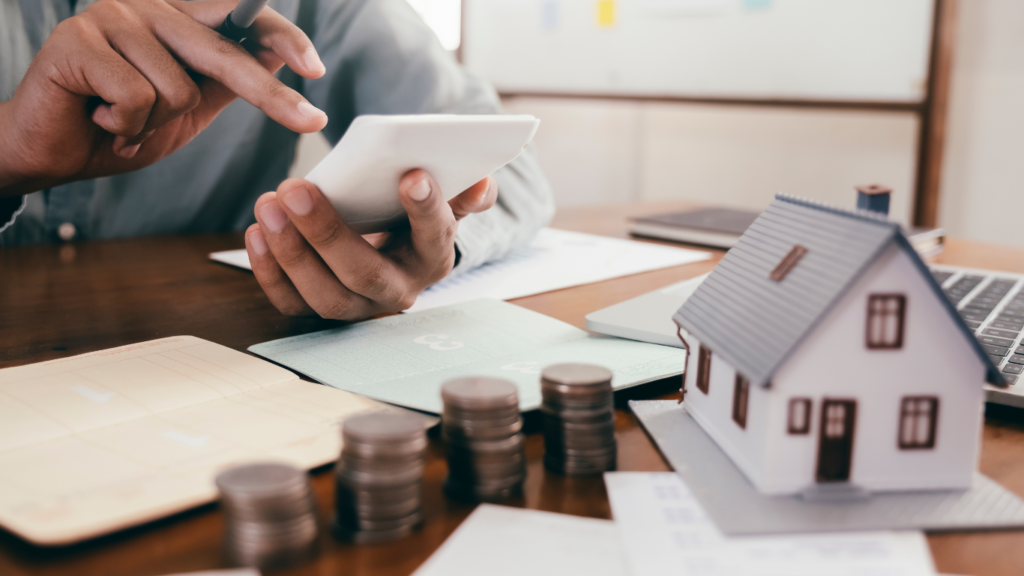The last thing anyone plans on doing is filing for bankruptcy, but sometimes life throws you curveballs that you can’t recover from. If bankruptcy feels like it’s your only option, don’t worry – you aren’t alone. In this guide, you’ll learn everything you need to know about filing for bankruptcy in Georgia. To learn more about the process and what to expect, continue reading.
What Is Bankruptcy and How Can It Help?
A bankruptcy filing triggers an automatic stay. In other words, creditors can no longer collect on your debts. In addition to preventing foreclosures and wage garnishments, the automatic stay stops other collection actions. Bankruptcy can give you the fresh start you need by clearing your debt and allowing you to rebuild your credit afterward.
Signs You May Need to File for Bankruptcy
It’s important to understand that bankruptcy may not be a viable option for everyone.
Here are some signals that you may need to file for bankruptcy:
- Despite your best efforts, you are behind on your mortgage payments.
- You’ve tried negotiating with your creditors, but they can’t help.
- You rely on your credit cards to pay for basic living expenses.
- Debt collectors call you or threaten foreclosure.
Alternatives to Bankruptcy
Before filing for bankruptcy, you should understand all of your options. Alternatives to bankruptcy may include debt settlement or credit counseling. In any case, you should always seek advice from a financial advisor before making a decision.
To save money on interest, you can also consolidate your entire debt into one monthly payment. Lastly, you can negotiate with creditors. Even though this can be a complicated process, you can avoid bankruptcy with an agreement.
The Different Types of Bankruptcy
There are two types of bankruptcy that consumers can file in Georgia: Chapter 7 and Chapter 13.
Chapter 7
A Chapter 7 bankruptcy filing is often the first option a bankruptcy filer considers for various reasons. The process only takes a few months to complete. Furthermore, it’s cheap since creditors don’t get paid. It works well for people who own only the essential items necessary for living and working.
In contrast, people with more assets are more likely to lose them, especially if they own unnecessary luxury items. This bankruptcy process does not offer a payment plan option for catching up on late mortgage or car payments, so you could lose them if you’re behind at the moment of filing.
Chapter 13
Alternatively, Chapter 13 filers may use a repayment plan over three to five years to repay their debts. However, Chapter 13 offers benefits not available in Chapter 7. For example, you will not only keep all the property you own, but you will also be able to avoid foreclosure and repossession of your car. If you cannot discharge a debt in bankruptcy, you can use this chapter to force the creditor to accept a payment plan.
How to File for Bankruptcy in Georgia
If you are considering filing for bankruptcy in Georgia, it’s important to know how the process works. The steps have been outlined below.
- Gather Your Georgia Bankruptcy Documents
- Take a Credit Counseling Course (180 days before filing)
- Complete & Print the Bankruptcy Forms
- Pay the Filing Fee or apply for a fee waiver
- File Your Forms Online or with the Georgia Bankruptcy Court
- Send Documents to Your Bankruptcy Trustee
- Take a Financial Management Course
- Attend The Meeting of Creditors
What Happens After You File for Bankruptcy?
When you file for bankruptcy, most of your unsecured debts will be forgiven, so you no longer have to pay them back. Several obligations, however, are not forgivable through bankruptcy, including student loans, child support, and alimony. Some belongings may also have to be forfeited depending on the type of bankruptcy you file.
Does Bankruptcy Affect Your Credit?
Your credit report will reflect bankruptcy for seven to ten years after filing. This can make it difficult to get a loan or credit line approved. Bankruptcy, however, does not mean the end of your financial life. Making on-time payments and maintaining a good payment history will help you rebuild your credit.
Rebuilding Your Credit Post Bankruptcy
After bankruptcy, you can also rebuild your credit by doing the following:
- Applying for a secured credit card.
- Becoming an authorized user on a credit card.
- Applying for a small loan.
- Paying your bills on time.
- Checking your credit report regularly.
Sell Your House for Cash & Avoid Bankruptcy in Georgia
When faced with the possibility of bankruptcy, selling your house for cash may be a great solution. At Favor Home Solutions, we buy houses as-is, allowing you to sell your house quickly and hassle-free.
Our experienced team will handle all closing fees per your preferred timeline so that you can focus on getting back on your feet quickly.
We can put cash in your pocket in as little as 14 days and prevent your credit score from being negatively impacted by bankruptcy. Contact us to learn more.


